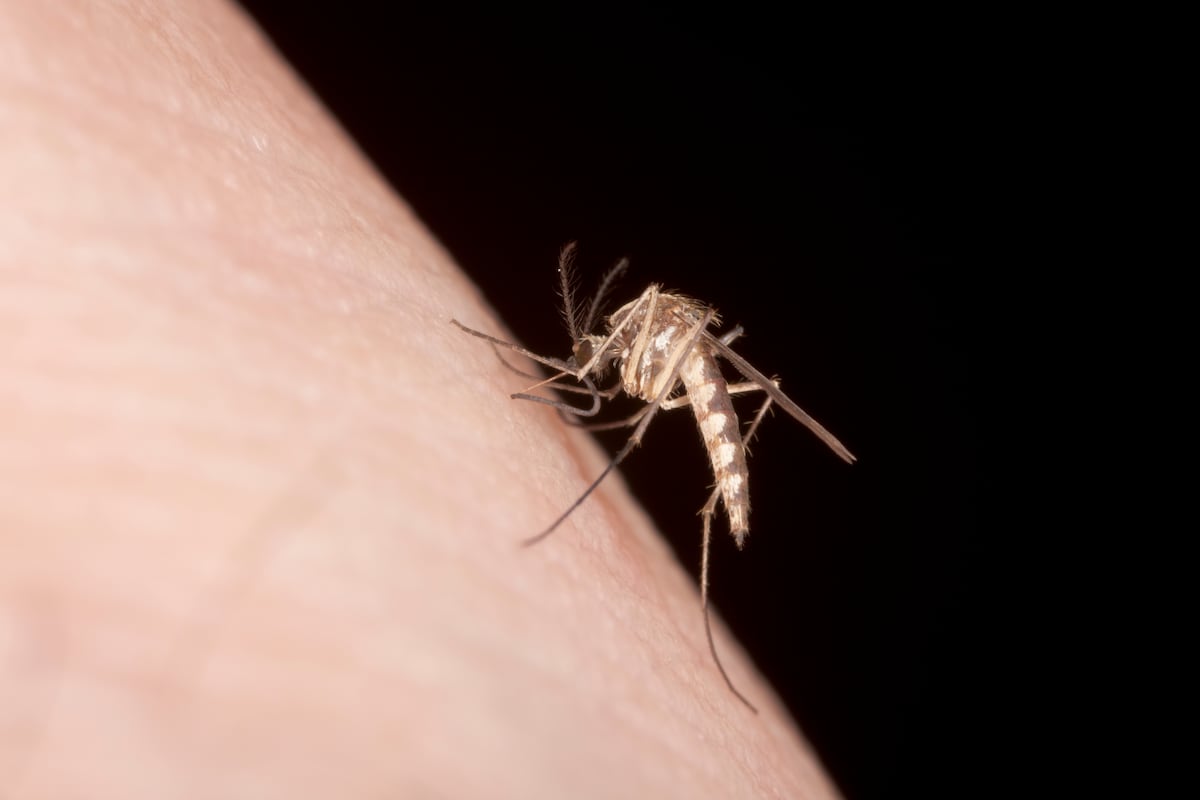
"Mosquitos do not bite all humans equally, influenced by factors like exhaled carbon dioxide, body heat, moisture, and skin odor, largely determined by chemical compounds."
"Individuals with unique body odor characteristics release larger quantities of certain chemicals, making them more attractive to mosquitos and raising their risk for bites."
"Genetic components contribute to susceptibility to mosquito bites, evidenced by identical twins experiencing similar levels of attraction from these insects."
"Reactions to mosquito bites vary, with some experiencing significant swelling and inflammation, requiring treatment with antihistamines or corticosteroids when symptoms are severe."
Mosquitoes are not equally attracted to all people, with factors including exhaled carbon dioxide, body heat, moisture, and skin odor influencing attraction. Skin odor is determined by chemical compounds such as carboxylic acids and aldehydes; individuals who produce more of these chemicals are more appealing to mosquitoes. There’s a genetic element involved, as studies on identical twins show similar susceptibility. Reactions to bites vary, with some experiencing severe responses that require medical treatment. Identifying an allergic reaction involves looking for symptoms beyond the site of the bite, including systemic reactions.
Read at english.elpais.com
Unable to calculate read time
Collection
[
|
...
]